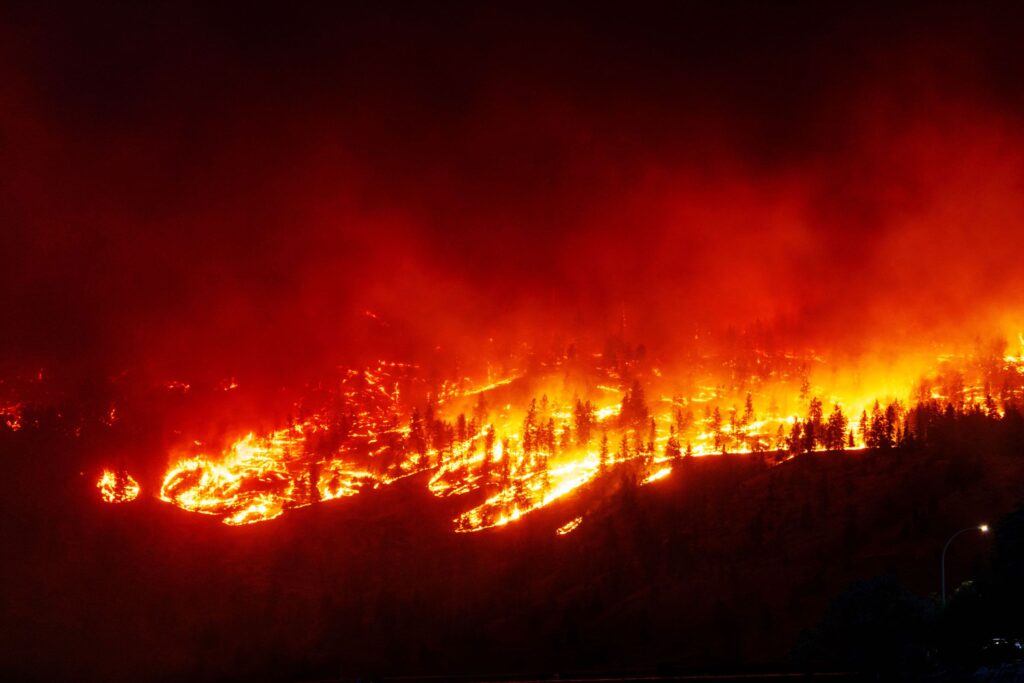
Introduction
Wildfires have become an increasingly pressing issue in Canada, particularly in the summer months. The wildfires of 2023 have posed significant threats to both local communities and the ecology of the regions impacted. With over 2.2 million hectares burned so far, these fires have underscored the complexities associated with climate change, forest management, and emergency preparedness. Understanding the implications of these wildfires is vital for Canadians and policymakers alike as they seek to mitigate future risks and protect vulnerable areas.
Current Situation of Wildfires
As of late summer 2023, the Canadian Interagency Forest Fire Centre reported that over 3,000 fires have ignited across the country, with provinces like British Columbia, Alberta, and Ontario experiencing the harshest impacts. The fires have led to widespread evacuation orders, damaging thousands of homes and leading to the displacement of many residents. Smoke from these wildfires has traveled as far as the eastern United States, prompting air quality advisories that have affected millions.
The government and various agencies have mobilized resources to combat these blazes, with firefighters working tirelessly to contain the flames and prevent further destruction. International aid has also arrived, with firefighters from the United States and Australia joining the efforts to manage the crisis. In addition, the Canadian government has pledged millions in funding for firefighting efforts and recovery initiatives.
Environmental and Economic Consequences
The environmental ramifications of the wildfires are profound. Forest ecosystems, which play a crucial role in carbon absorption and biodiversity, are severely disrupted. Moreover, the loss of habitat can have long-term effects on wildlife populations. Economically, the wildfires are straining local economies, particularly in tourism and agriculture, leading to significant financial losses. Some farmers have already reported severe crop damage due to smoke and ash fallout.
Conclusion
The wildfires in Canada present multifaceted challenges that require immediate and sustained attention. Experts continue to warn that with climate change exacerbating the situation, the frequency and intensity of such wildfires may only increase in the future. As the government and communities begin to assess the damage and recovery efforts, discussions are also underway about long-term strategies to enhance resilience against future wildfires. For Canadians, the events of 2023 serve as a stark reminder of the impacts of climate change and the need for a proactive approach to environmental stewardship.




